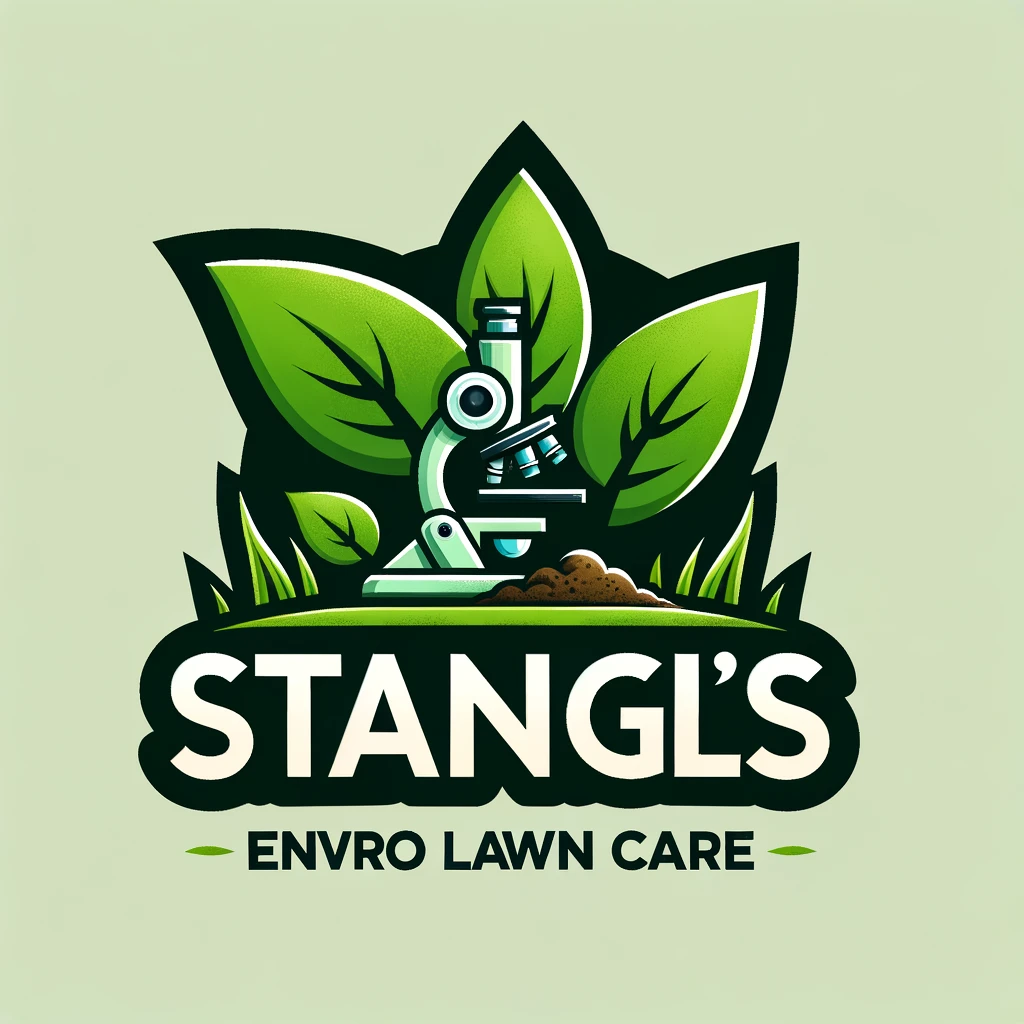Introduction: After spending over four decades in the lawn care industry, I’ve seen it all – the good, the bad, and the ugly. Mostly, I’ve seen EGO – not just ‘Edging Green Out,’ but also ‘Edging God Out,’ as homeowners and property managers chase the elusive trophy lawn. It’s an ego trip, a quest for green perfection that often leaves common sense and environmental responsibility in the dust. But let’s dig a bit deeper, shall we?
The More-On Approach: Let’s talk about the ‘More-On Approach’ (pardon the pun). It’s simple: if a little fertilizer or pesticide works, then more must be better, right? Wrong. This approach is like using a sledgehammer to crack a nut – excessive and potentially destructive. The quest for the perfect lawn often blinds people to the damage they’re doing, not just to their little patch of earth but to the planet as a whole.
The Trophy Lawn Syndrome: A perfectly manicured lawn has become a status symbol, a way to inflate one’s ego and supposedly demonstrate superiority over the neighbors. It’s like saying, “Look at my perfect lawn; I must be doing something right.” But at what cost? The excessive use of chemicals pollutes our water, harms wildlife, and contributes to a range of environmental problems. Is a patch of perfect grass worth this price?
A Dash of Reality: Here’s a reality check – nature is not perfect, and neither are lawns. Embracing a more natural approach doesn’t just benefit the environment; it can also lead to healthier, more sustainable lawns in the long run. Sure, it might mean tolerating a few weeds or imperfections, but isn’t that a small price to pay for a healthier planet?
What I’ve Learned and What I Teach: Every day in this field is a learning experience. I’ve realized that my job is not just about providing lawn care services; it’s also about educating and guiding my clients towards more sustainable practices. It’s about showing them that there’s more to lawn care than just keeping up appearances.
The Alternative: What if we told you that you could have a beautiful lawn without wreaking havoc on the environment? It involves understanding your lawn’s natural ecosystem, using organic fertilizers wisely, and accepting that a healthy lawn doesn’t have to look like a golf course. It’s about working with nature, not against it.
Conclusion: So, next time you’re tempted to go overboard with lawn chemicals, remember that true lawn care is about balance and respect for nature, not just feeding your ego. It’s about being smart, not just following the crowd. Let’s choose to be kind to our planet – one lawn at a time.
Closing Remarks: I’d love to hear your thoughts on sustainable lawn care. Have you tried less intensive methods? Have you noticed a change in your lawn’s health and the environment around you? Let’s continue the conversation and learn from each other.
